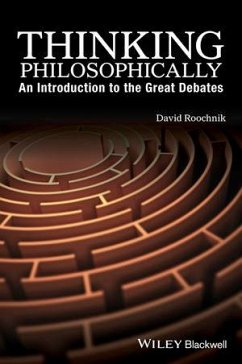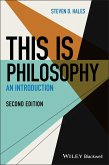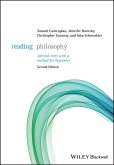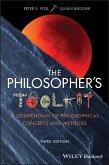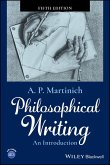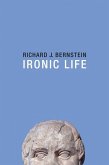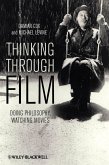Thinking Philosophically: An Introduction to the Great Debates presents a highly accessible introduction to five of the most fundamental debates in world philosophy.
Hinweis: Dieser Artikel kann nur an eine deutsche Lieferadresse ausgeliefert werden.
- Introduces five fundamental philosophical debates in a highly engaging and accessible manner that invites readers to enter the discussion themselves
- Features chapters that each consider a central philosophical question dialectically by exploring the conflicting approaches of different philosophers
- Argues that the work of philosophers like Plato and Rousseau is just as relevant today as it was in their own time
- Provides a structure that encourages readers to apply philosophical principles to their everyday lives
Dieser Download kann aus rechtlichen Gründen nur mit Rechnungsadresse in D ausgeliefert werden.
Hinweis: Dieser Artikel kann nur an eine deutsche Lieferadresse ausgeliefert werden.

